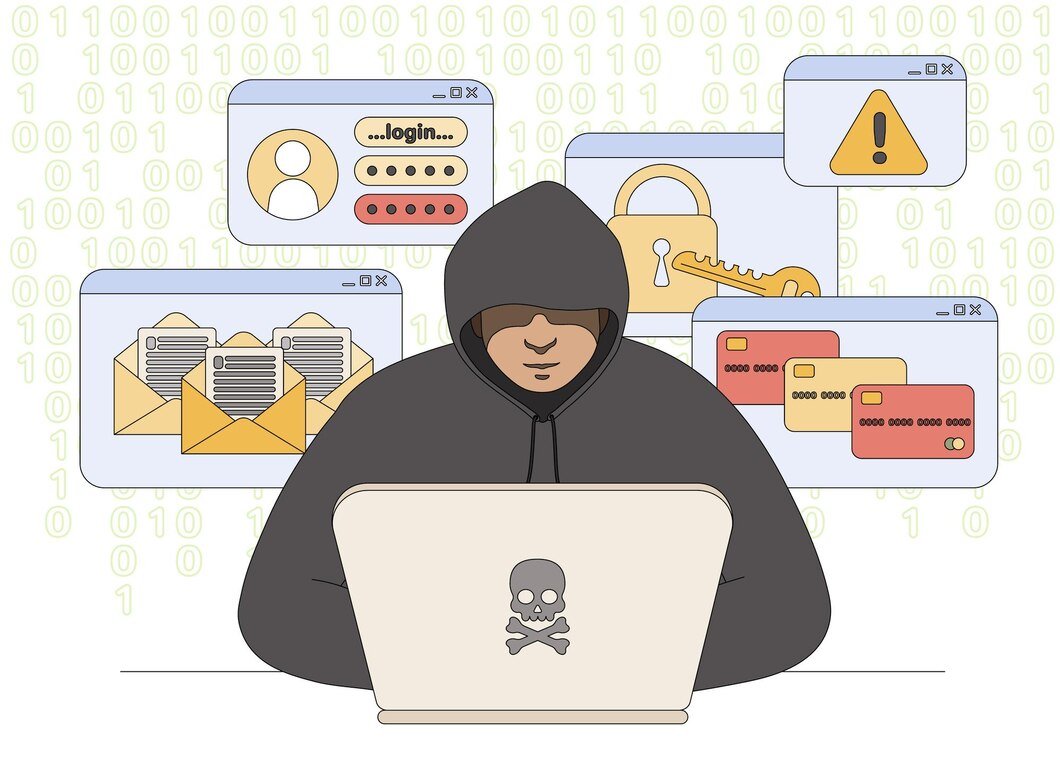Physical Address
304 North Cardinal St.
Dorchester Center, MA 02124
Physical Address
304 North Cardinal St.
Dorchester Center, MA 02124

In the world of online trading, regulatory compliance is a key factor that helps traders distinguish between legitimate brokers and scam operations. Unfortunately, some scam brokers exploit this trust by fabricating licenses and certifications, creating a facade of legitimacy. This blog will delve into how these fake certifications are used, the impact on traders, and how to protect yourself from falling victim to these frauds.
1.1 The Importance of Regulation Regulation serves as a protective measure for traders. It ensures that brokers adhere to certain standards, such as maintaining transparency, safeguarding client funds, and providing fair trading conditions. Regulatory bodies, such as the Financial Conduct Authority (FCA) in the UK or the Commodity Futures Trading Commission (CFTC) in the US, play a crucial role in overseeing the activities of brokers.
1.2 How Legitimate Brokers Operate Legitimate brokers must obtain licenses from recognized regulatory authorities. This process typically involves rigorous checks, including background checks, financial audits, and compliance with industry standards. Brokers that pass these evaluations can display their regulatory status, providing traders with confidence in their operations.
2.1 Why Scammers Use Fake Licenses Scam brokers use fake certifications to create an illusion of trustworthiness. By displaying counterfeit licenses on their websites or promotional materials, they aim to convince potential clients that they are operating within the law and adhering to industry standards.
2.2 Common Tactics Used in Fake Certifications
3.1 Financial Losses Investing with a broker that uses fake certifications can lead to significant financial losses. Traders may find it difficult, if not impossible, to withdraw their funds once they realize they’ve been scammed.
3.2 Emotional and Psychological Toll Beyond the financial implications, falling victim to a scam broker can have a profound emotional impact. Traders may experience stress, anxiety, and feelings of betrayal, leading to a loss of trust in legitimate brokers.
3.3 Legal Challenges Recovering funds from a scam broker is often a complex and lengthy process, involving legal proceedings that may not guarantee success. Traders may find themselves at a disadvantage without proper documentation and support.
4.1 Verify Regulatory Claims Before opening an account with any broker, check their regulatory claims against the official website of the relevant authority. This includes confirming the broker’s registration number and license status.
4.2 Look for Red Flags Be wary of brokers that:
4.3 Cross-Check Multiple Sources Seek independent reviews and feedback from reputable websites. If many traders report concerns about a broker’s legitimacy, it’s wise to proceed with caution.
5.1 Conduct Thorough Research Take the time to research any broker you consider. Use trusted review platforms and forums to gather insights from other traders.
5.2 Educate Yourself About Regulatory Bodies Familiarize yourself with the major regulatory authorities in the trading industry. Understanding the licensing requirements and standards can help you spot inconsistencies in a broker’s claims.
5.3 Stay Skeptical of High-Pressure Tactics If a broker is pressuring you to invest quickly or claims exclusive offers that seem too good to be true, take a step back. Legitimate brokers allow you time to make informed decisions.
Scam broker license frauds represent a significant threat in the online trading landscape. By fabricating licenses and certifications, these brokers exploit traders’ trust, leading to financial loss and emotional distress. However, with diligence and careful research, you can protect yourself from falling victim to these scams. Always prioritize transparency, verify regulatory claims, and be wary of red flags. Your financial security is paramount, and staying informed is your best defense against fraud.
4o mini